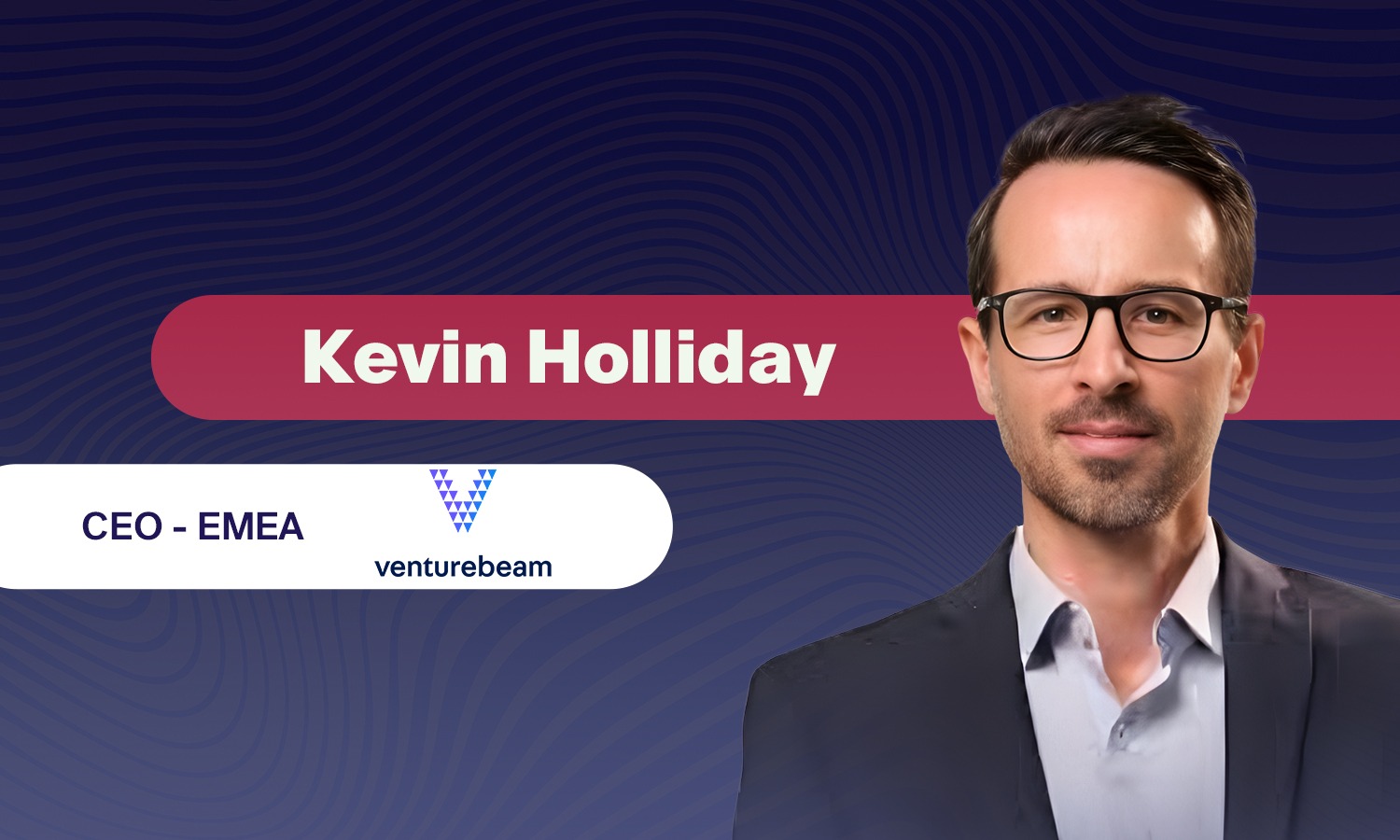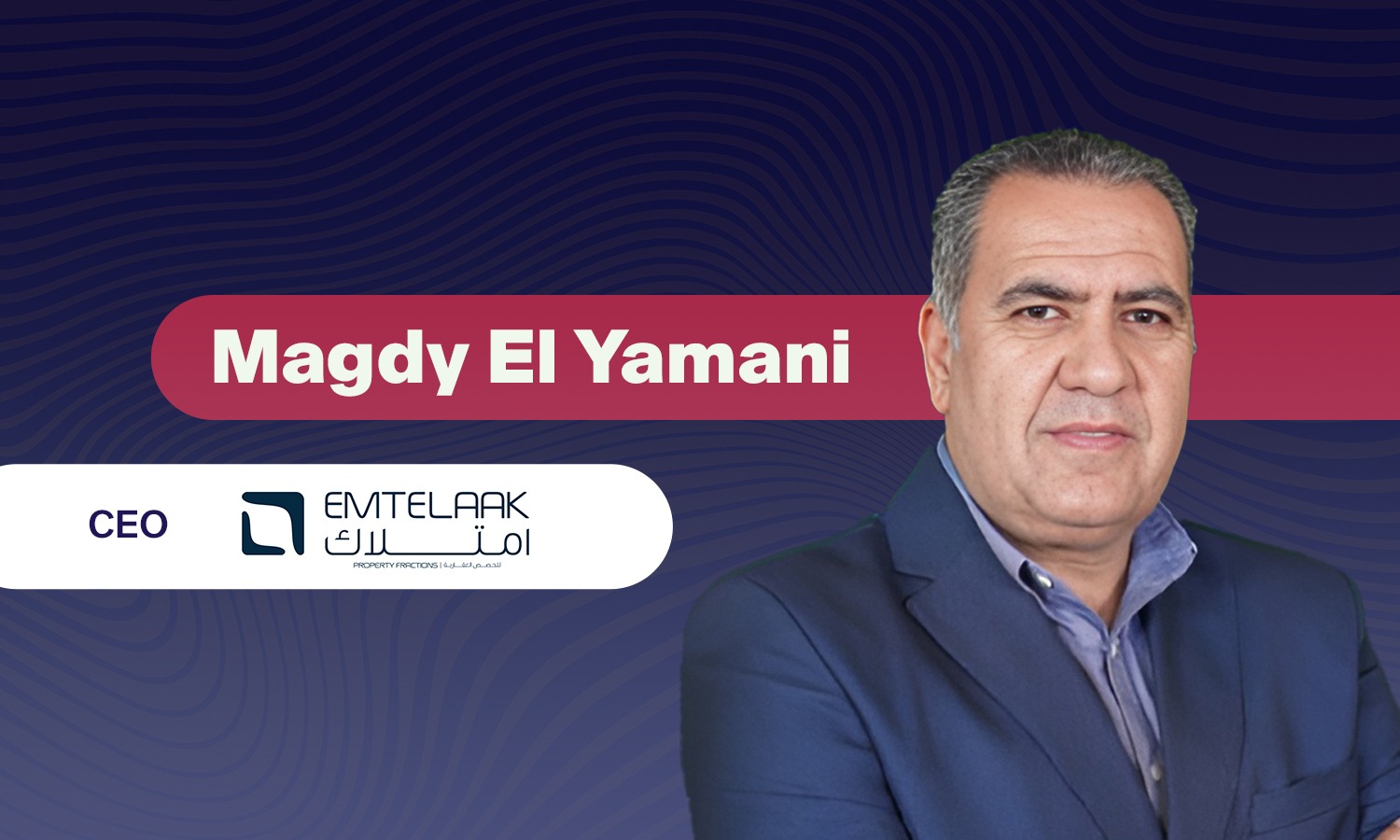CourseTopia: The Arabic-First Solution for Owning Your Online Education Journey
Updated 7/20/2025 9:00:00 AM
Arab Finance: As Egypt continues its strategic push towards an advanced knowledge-based economy, the education sector stands as a crucial pillar in national development. The EdTech sector in Egypt, in particular, is experiencing significant growth, with the country leading the Middle East in the number of EdTech companies.
In November 2023, at the international exhibition and conference for technology in the Middle East and Africa of Cairo ICT 2023, a session was held under the name of “Innovation Arena”, unveiling that Egypt led the edtech top 2023 list with over 11 firms. This thriving landscape underscores the nation's commitment to digital transformation in education and its vast potential for innovation.
In this dynamic landscape, we interviewed Mahmoud Fahmy, Founder of CourseTopia. Fahmy shares profound insights into the company's inspiring journey, its impact on individuals and institutions, and its visionary plans to further empower localized online learning in the region.
1. Can you give us an overview of CourseTopia’s core mission and vision?
At CourseTopia, our mission is simple: empower individuals and institutions in the Arab world to own their education platforms fully branded, fully theirs. We believe education should be local, personalized, and under the control of its creators, not dictated by the limitations of generic global platforms.
Our vision is to become the infrastructure behind every great learning experience in the region, enabling educators, universities, and companies to launch powerful online learning platforms without needing any technical expertise.
2. What inspired the founding of CourseTopia, and how has the company evolved since its inception?
The inspiration came from frustration. As someone working closely with educators and trainers, I saw how difficult it was for them to build something of their own. They were either lost in massive marketplaces where their brand disappeared or overwhelmed by complicated tech tools that needed a developer on standby.
We created CourseTopia to solve that. Since our launch, we've grown from a simple course builder to a full white-label LMS complete with analytics, quizzes, certificates, and admin dashboards all Arabic-first, and ready to go live in days.
3. Could you describe the key sectors and target audiences that CourseTopia serves?
We serve a diverse range of clients, but our main segments are: educational institutions, universities, academies, and schools that want to launch virtual campuses.
Corporates: Companies looking to train and up-skill their teams internally.
Independent educators and experts: Trainers, coaches, and consultants who want to sell their own courses under their brand.
What unites them all is the desire to own their platform and user experience, not rent space on someone else’s.
4. How does CourseTopia differentiate itself from other online education platforms in the market?
There are a few key differences. First, we are not a marketplace; we are an infrastructure.
Our clients launch their own branded platforms on their own domains, with full control over content, users, pricing, and design.
Second, we are Arabic-first. Most platforms in this space treat Arabic as an afterthought. For us, it is the default from the UI to right-to-left support for Arabic certificates.
Finally, we are built for ease of use. You don’t need a tech team to go live. We have seen clients launch entire platforms in under 72 hours.
5. How is CourseTopia positioned to support potential partnerships, and what kind of collaborations are you looking to build?
We are actively building the foundation for meaningful partnerships across the education and corporate training sectors. Our platform is designed to empower universities, academies, and training providers to launch their own branded online education platforms without the need for technical teams.
We see huge potential in partnering with institutions looking to offer hybrid programs or digitize their learning experiences.
We are also keen to collaborate with subject-matter experts who want to scale their expertise by turning it into full online academies.
Our goal is to be more than just a tech provider; we want to be a strategic partner that enables educators to reach more learners, build stronger brands, and deliver high-impact education experiences. We are ready, and the door is open.
6. In the rapidly changing edtech landscape, what challenges does CourseTopia face, and how do you plan to address them?
One challenge is the constant expectation for more features; everyone wants Netflix-level UX for their courses. We tackle this by listening closely to our users and releasing improvements interactively.
Another challenge is digital literacy; not all educators are comfortable moving online.
That is why we invest heavily in onboarding, tutorials, and support. Lastly, local payment gateways and internet infrastructure remain hurdles in some markets, but we are working with local fintech partners to make access smoother.
7. How do you see the future of online education evolving in Egypt, and how do you see its growth projections?
The demand for online education in Egypt is only going one way up. With a young population, rising internet penetration, and a growing appetite for flexible learning, we believe the market will double over the next five years, especially in the private training sector and corporate learning.
What is exciting is that it is no longer just about putting courses online; it is about building experiences that rival in-person learning. That is where platforms like ours come in.
8. How do you envision the growth of edtech in Egypt amid the rising Metaverse Education market?
Metaverse education is a fascinating frontier. While we are not there yet in terms of full adoption, we see potential in blended immersive learning, mixing traditional content with elements like VR classrooms, 3D simulations, or AI-driven tutoring.
For CourseTopia, our focus is to stay adaptable, making sure that when these technologies become accessible and relevant to our clients, we are ready to integrate them.
But for now, the biggest impact still comes from solving simpler problems like content delivery, engagement, and assessment.
9. What are the biggest competitive threats to CourseTopia, and how do you maintain your competitive edge?
Big platforms like Udemy or Skillshare are always in the background, but our edge is localization and ownership. Those platforms do not give clients control; they give you a spot on their shelf.
We give you the whole store, with your brand on the door. Our deep understanding of Arabic-speaking markets, along with fast support and constant updates, keeps us ahead.
We are not trying to serve the whole world; we are laser-focused on building the best solution for our region.
10. What advice would you give to entrepreneurs looking to innovate in the edtech sector based on your experience with CourseTopia?
Start with the user, not the technology. Too many edtech startups try to build “cool” features without solving a real problem. Talk to teachers, trainers, and students to understand their pain points deeply. Then create something that makes their life easier, not more complicated.
In addition, do not underestimate the importance of local culture and language. If you are working in MENA, design for MENA. That is what we have done with CourseTopia, and this is what will help you grow.
Related News











